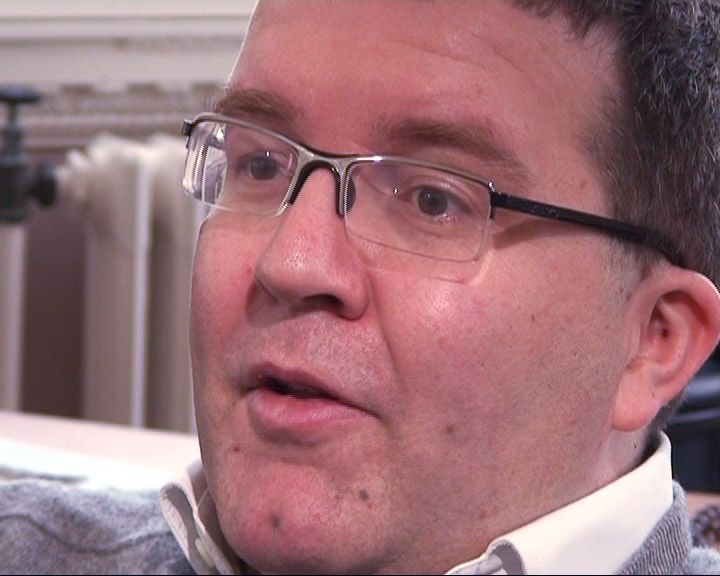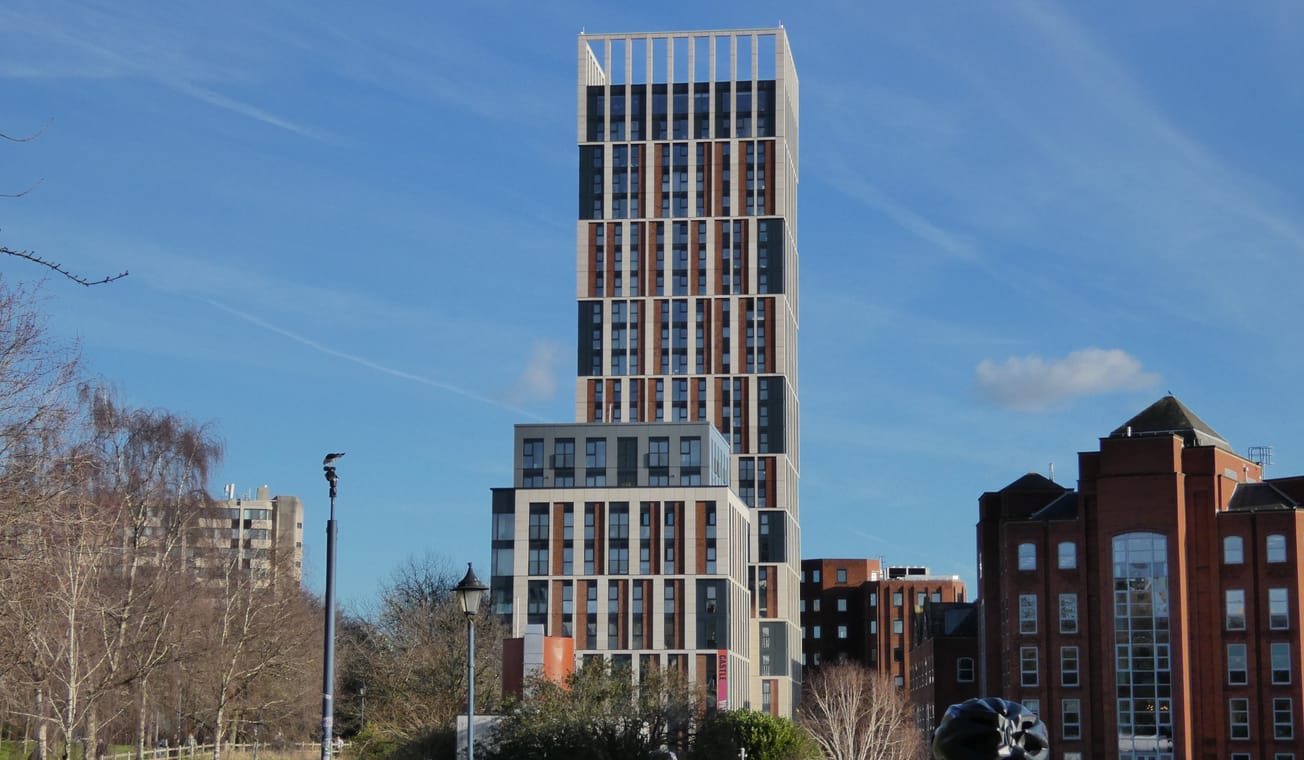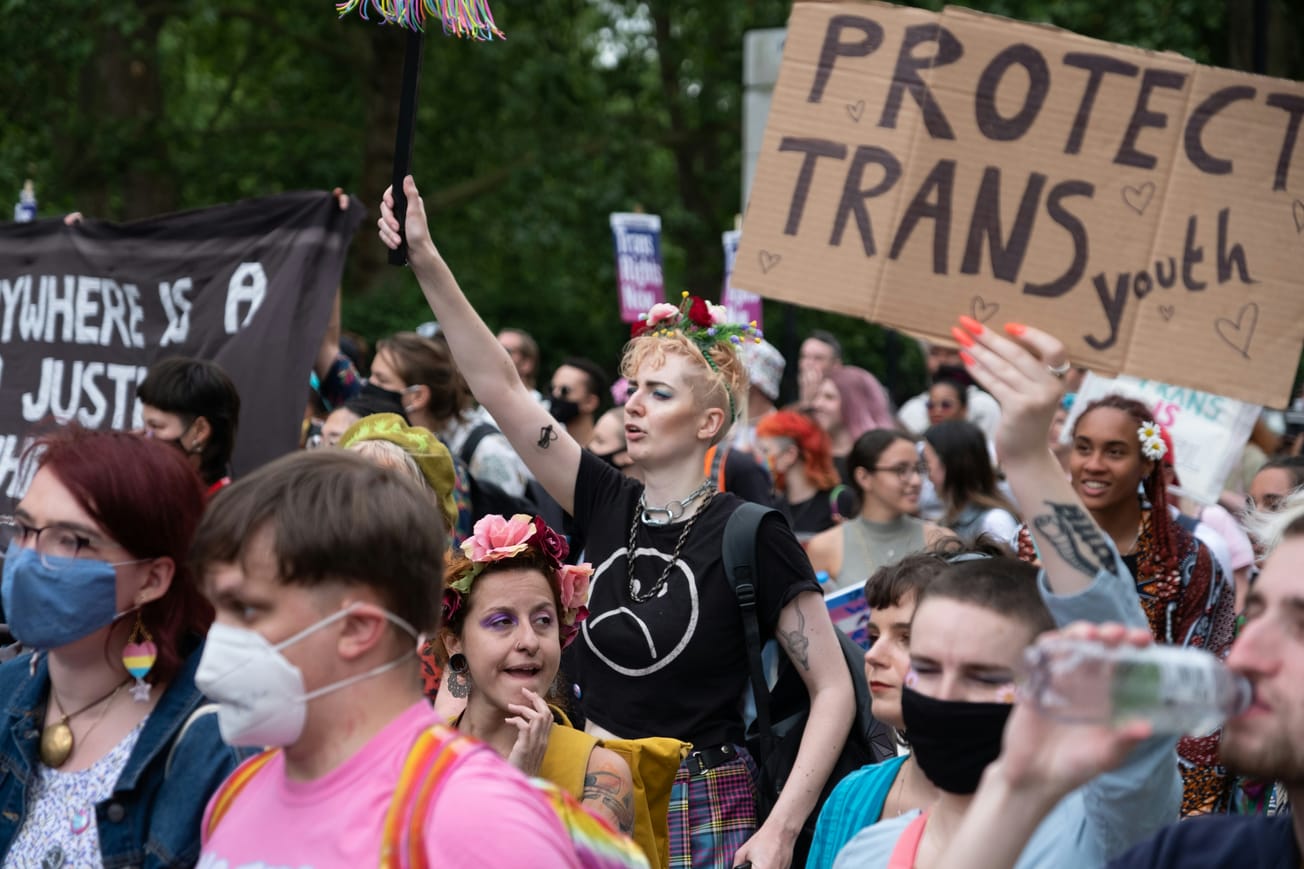In February Richard Assheton spent half an hour interviewing Tom Watson, the new Deputy Leader of the Labour Party. What did he have to say?
At the start of the year Tom Watson was a relatively high profile Labour politician — he had been general election campaign co-ordinator between 2011 and 2013 and a prominent voice on phone hacking and sexual abuse by the influential.
Now second-in-command to Jeremy Corbyn, he is second man of the moment, the focus of attention and the subject of debate. The Telegraph calls him a ‘man to watch’; the Guardian asks whether he is ‘unifying stalwart’ or ‘divisive fixer’.
On a Wednesday afternoon inside the strange glass edifice of Clifton Down Caffe Gusto he seemed an amiable man, sincere but with an obvious sense of humour. As the coffee machine garbled and threatened to ruin my voice recording he lamented what he saw as the erosion of British life by coalition. Around him, he said, were inequality, tough graduate prospects and the potential for youth disenfranchisement.
Much of what we talked about depended on the General Election, but much of it did not, so that I was able to get a sense of his ambitions for Labour and for the country — some were party ideals and unsurprising, but others were more personal and grander.
On higher education in the UK:
'For me, I think one of the distinguishing characteristics of higher education in the UK when compared to education in America, which is purely market driven, is — and part of the reason we’ve got a reputation for being one of the most innovative countries in the world — is that we allow intellectual curiosity on our campuses to flow rather than commoditise education, but the truth is you've got to strike a balance in the modern economy, and you’ve got to prepare people for the world of work, which means [you’ve] got to have courses that are relevant to the demands of the economy but you’ve also got to allow minds to problem-solve in abstract, amazing ways and that requires a bit of leadership and a little bit of freedom on campus, but I think… that’s not just a problem for government actually.'Government can set the tone, give direction — it’s an issue about leadership of the university sector and that’s an issue for Vice Chancellors to go away and look at and check themselves and ask, “What is it that you value about the British university compared to other university courses?” So I’d… say that’s down to students to try and shape that and it’s down to those lecturers…'
Two loud cider drinkers on the train talking/shouting about Labour's new leader and deputy. Could do with a balaclava, a notebook and pen.
— tom_watson (@tom_watson) September 23, 2015
On graduate jobs:
'I really worry about this generation, undergraduates about to enter the labour market. There are all sorts of arrows going in the wrong direction in terms of their opportunity, their protections in the workplace.
'The opportunities that previous generations had have been lost to them, like the right to own a home. Most people entering the labour market now couldn't possibly afford a home in London anymore — that effect is happening all over the cities of England.
'The idea that you’d enter a labour market with a degree or two degrees, you’d be given a minimum wage job with no rights, or that you have to intern for six months before you even get paid just doesn't seem right to me.
'People have made the best of themselves in order to live comfortable and secure lives and they’ve been given a lifetime of insecurity, and I see too many people in their early careers living in fear of losing their job, worrying about where they’re going to live, or an angry landlord has had to evict them, or [worrying about] how they can afford to pay the bills at the end of the month and it’s just unacceptable, and that goes to the central tenet of the Labour Party which is: wealth and power are in too few hands. And we can put that right with political change.'
‘I’ve got some very big ideas about reforming the Labour Party, how we improve our participation in our own democracy, about how we reform the way we organise ourselves.'
On modernising the Labour Party and politicians’ use of social media:
'I’ve got some very big ideas about reforming the Labour Party, how we improve our participation in our own democracy, about how we reform the way we organise ourselves. I’d like to see [a party] that acknowledges that the Internet exists. It’s quite hard for the traditional parties — we’ve been around a long time. My party’s been around more than a century and we’ve got a lot to do to catch up digitally…
'From my point of view as someone who is deeply interested in digital issues, when I was a minister not a day went by when my job wasn't assisted by using social media; I found communities of interest in the digital industries you just helped me understand my brief better; and I love the serendipity of hypertext links…
'I just love knowledge gathering in the community that I live in, in the digital space. I find it very nourishing, so I think ultimately politicians who don’t use social media are missing out but… there are some who are just never going to be able to do it, so I don't think they should be forced because it’s just ungainly and undignified.'
How much will we hear of these attitudes and ideals in the months to come?
Featured image: flickr / gallomanor
Thoughts on this article? Let us know in the comment below or on social media:









